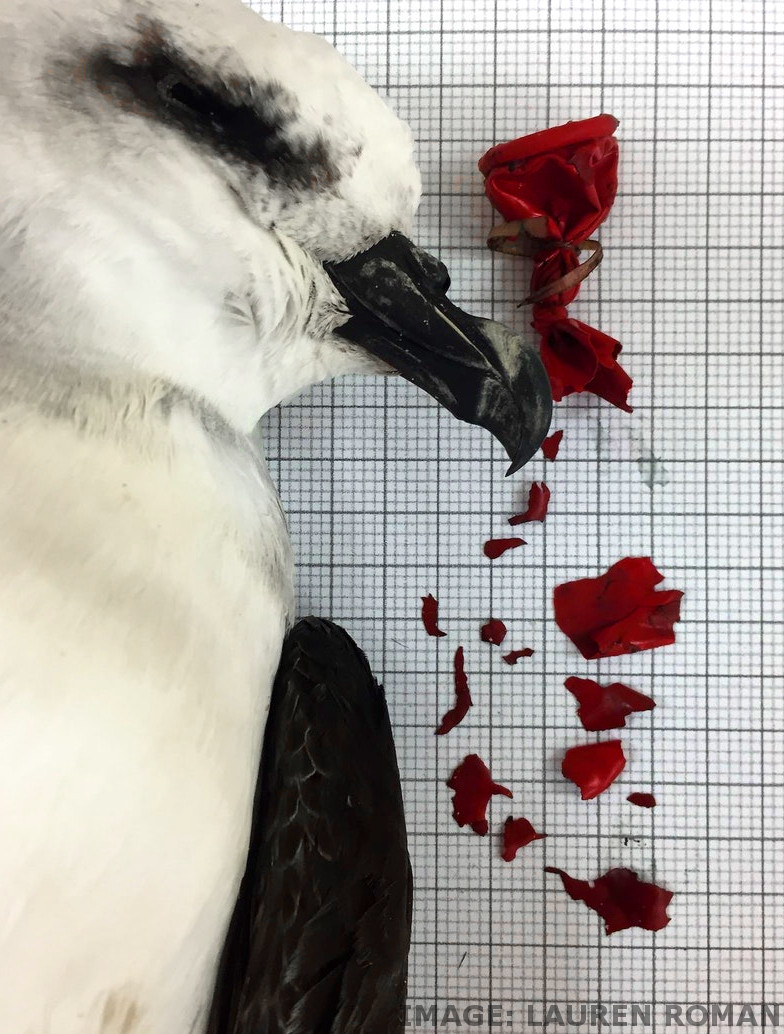Balloons loom as seabird threat
 An Australian study has found balloons are 32 times more likely to kill seabirds than hard plastics.
An Australian study has found balloons are 32 times more likely to kill seabirds than hard plastics.
Researchers looked at the cause of death of 1,733 seabirds from 51 species and found that one in three of the birds had ingested marine debris.
A seabird ingesting a single piece of plastic was found to have a 20 per cent chance of mortality, rising to 50 per cent for nine items and 100 per cent for 93 items.
The study published in the journal Scientific Reports found that while plastic makes up the vast majority of debris being ingested, it is far less likely to kill than soft plastics such as balloons.
“It appears that while hard plastic fragments may pass quickly through the gut, soft plastics are more likely to become compacted and cause fatal obstructions,” lead researcher Dr Lauren Roman said.
Dr Roman said that although the study showed that soft items like balloons are more dangerous, all plastics pose a mortal threat to seabirds.
“If seabirds eat plastic their risk of mortality increases, and even a single piece can be fatal.
“While hard plastics are less likely to kill than soft plastics they were still responsible for more than half of the seabird deaths identified in our study.
“The evidence is clear that if we want to stop seabirds from dying from plastic ingestion we need to reduce or remove marine debris from their environment, particularly balloons,” Dr Roman said.








 Print
Print